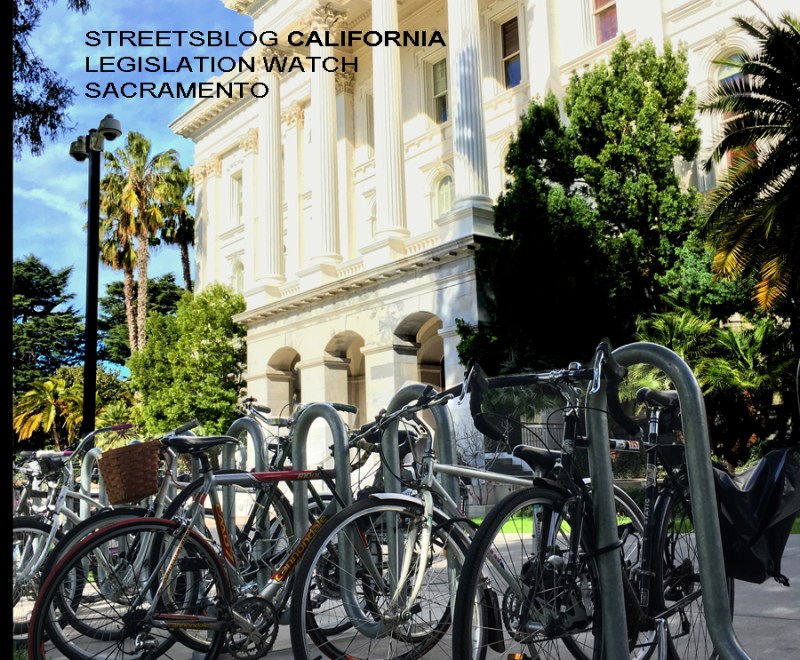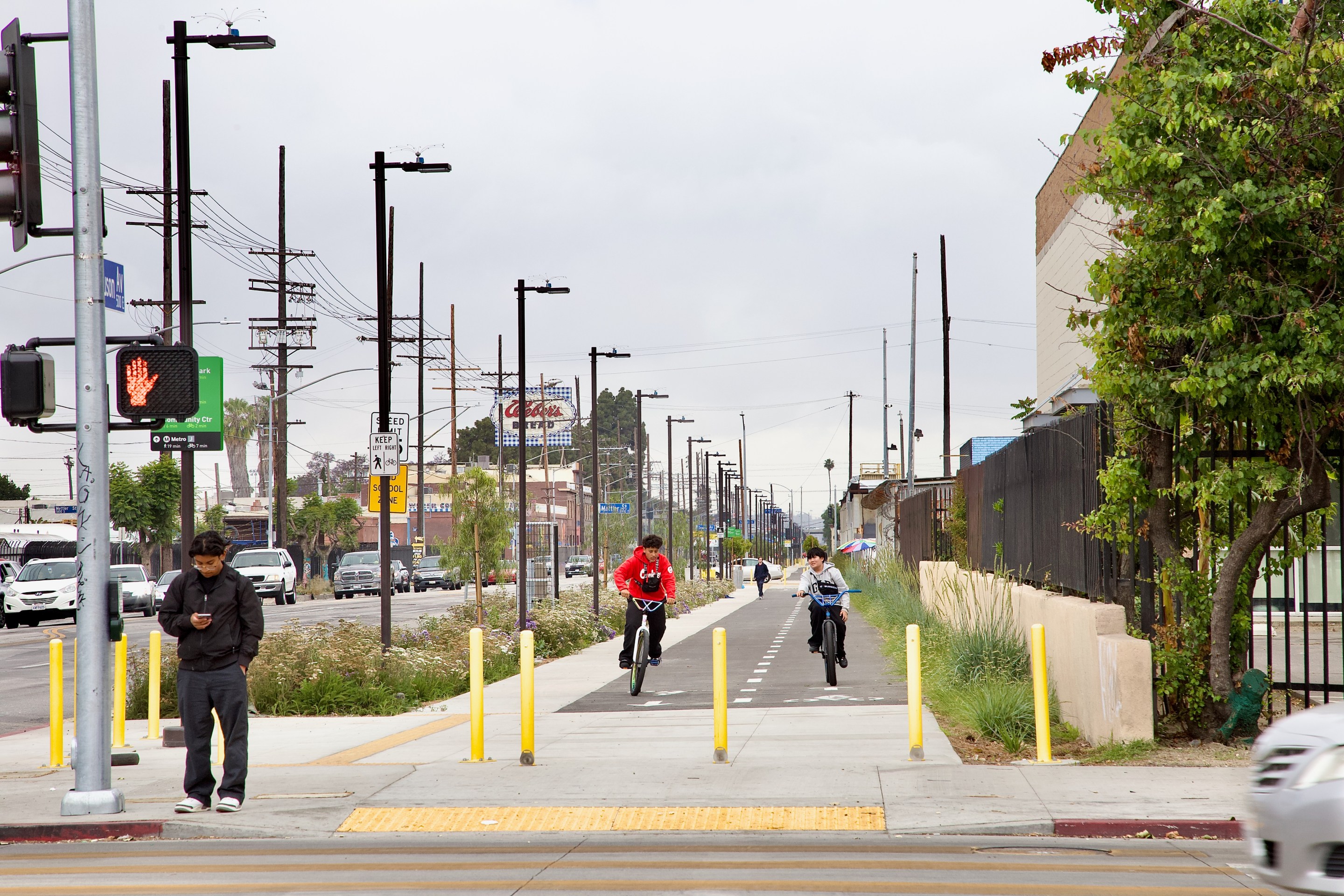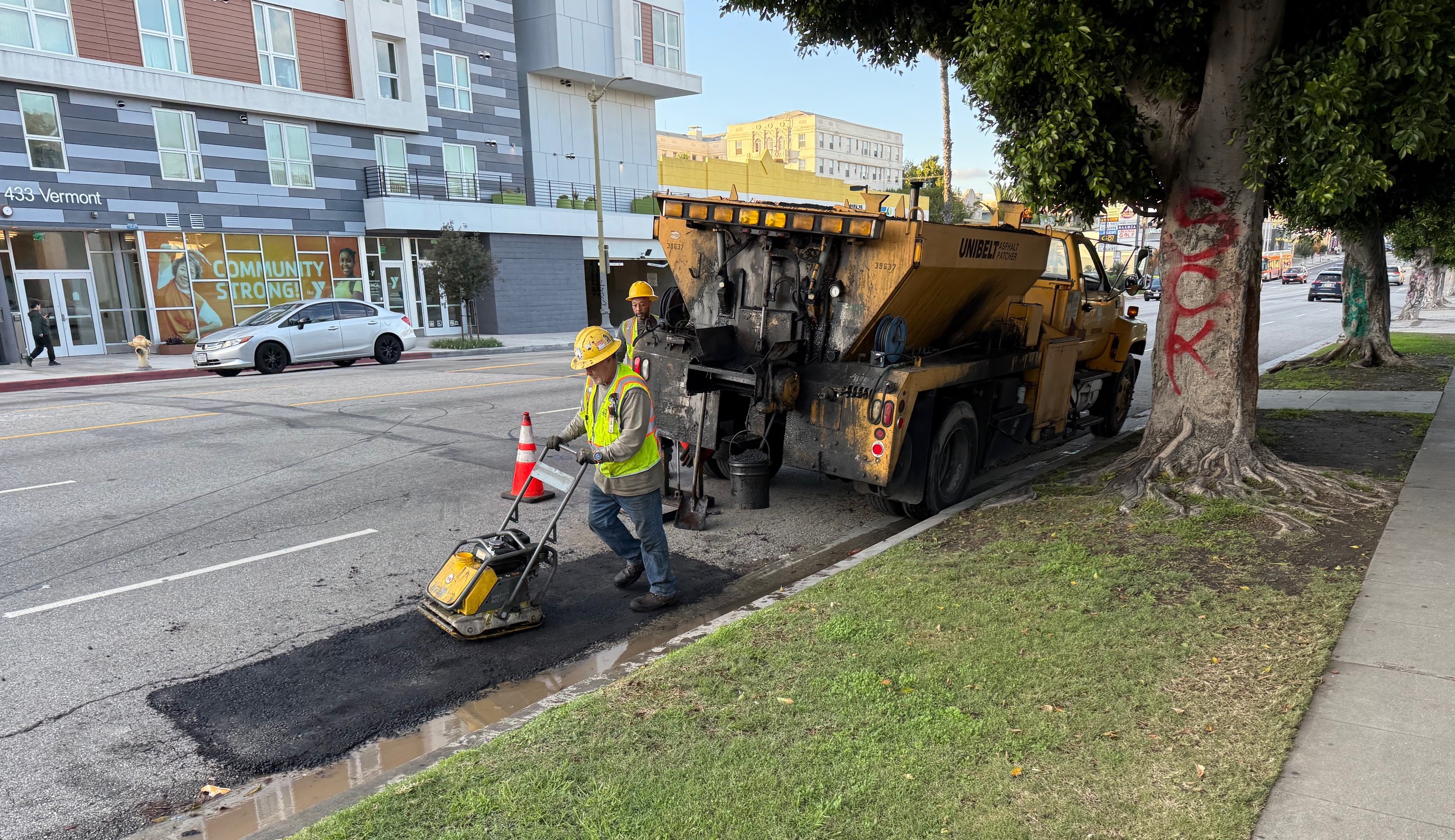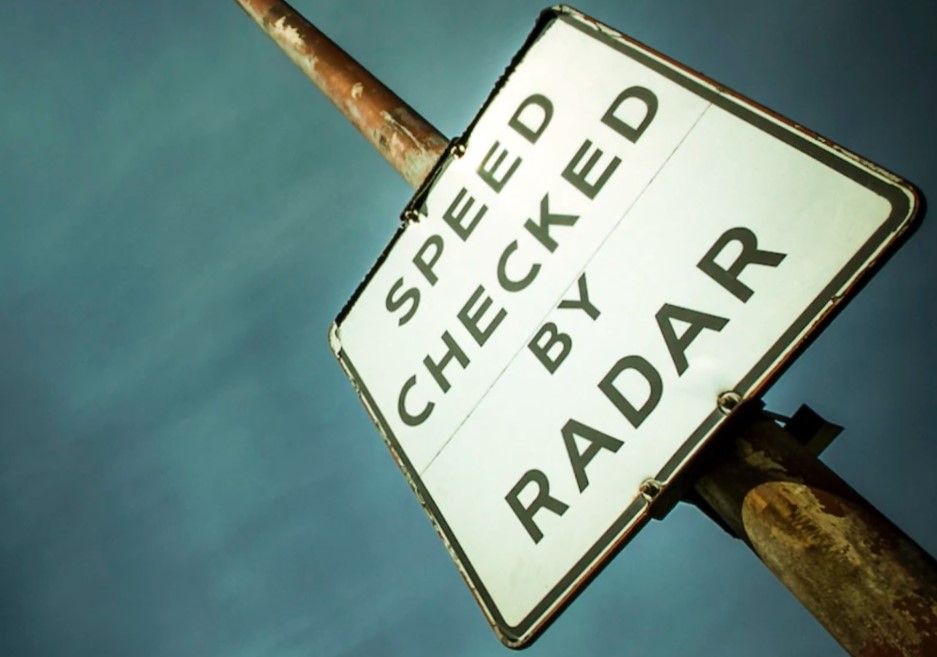Note: GJEL Accident Attorneys regularly sponsors coverage on Streetsblog San Francisco and Streetsblog California. Unless noted in the story, GJEL Accident Attorneys is not consulted for the content or editorial direction of the sponsored content.
Note: Governor Brown has until the end of September to decide the fate of a slew of bills passed by the legislature just before it ended its session in August. Streetsblog continues to cover what he's signed, what he's vetoed, and what still awaits its fate:
Encouraging Zero Emission Vehicles, Including Bikes: Last week Governor Brown signed a group of “green” bills aimed at getting more people in California to drive electric vehicles, including ones that give more incentives and rebates for replacing gas cars with electric ones.
One of the more interesting of those was S.B. 1014 from Nancy Skinner (D-Berkeley), which sets up California agencies to begin regulating greenhouse gas emissions from ride-hail companies such as Uber and Lyft. Streetsblog covered this bill earlier; it began life as an attempt to get the companies to shift to electric vehicles, then to set targets for them to reduce emissions. But in the process of working through the legislature it was reworked and amended to set up a pathway for future reductions.
That is, the new law will require cooperation between the California Public Utilities Commission—currently charged with regulating ride-hail companies as a legacy of their oversight of taxi companies—and the California Air Resources Board (CARB), which has been working on a number of programs to increase and encourage electric vehicle use and infrastructure to help meet the greenhouse gas emissions reductions that agency oversees. By 2020, CARB will establish a baseline of emissions per passenger mile driven by ride-hail services. It will have one more year to then set greenhouse gas reduction targets for those companies beginning in 2023.
In addition, the ride-hail companies will be required to come up with their own plan to reduce emissions, while “ensuring minimal impact” to low-income drivers and supporting clean mobility goals for low- and moderate-income individuals.
The most interesting part of the bill, at least for sustainable transportation advocates, is that those targets would credit companies for miles driven by “qualified zero-emission means, including miles completed by vehicle, walking, biking, other modes of active transportation, and zero-emission vehicles.”
Which means that Uber and Lyft, both of which own or invest in e-bike, bike-share, and/or and shared scooters, will have big incentives to improve and expand those services to get as many people using them as possible.
Not that they are waiting for those incentives; Alissa Walker at Curbed notes that the Lyft app is already adding locations of scooters, shared e-bikes, and transit routes, in addition to the nearest Lyft drivers.
Sidewalk Vending Is Legal: Brown also signed S.B. 946 from Assemblymember Richard Lara (D-Bell Gardens), which Streetsblog L.A. Editor Sahra Sulaiman wrote about extensively. That legislation will limit a local authority's ability to pass onerous and punitive measures to control and regulate sidewalk vending. It also recognizes in statute the benefits of allowing sidewalk vendors to pursue their work in peace, including increased access to goods and contributing to a safe and dynamic public space.
More Bikes on Buses: Assemblymember Richard Bloom (D-Santa Monica) authored yet another bill to allow transit buses to install bigger bike racks. With A.B. 3124, 60-foot articulated buses will now be allowed to install racks that can hold up to three bikes, as long as certain route conditions are met.
Bike and Pedestrian Access to Parks: Assemblymember Wendy Carillo (D-Los Angeles) had her bill, A.B. 2615, signed today. That bill requires Caltrans, "where feasible and cost effective," to work with other departments "to develop strategies and plans to improve access for bicycles and pedestrians to federal, state, regional, and local parks adjacent to or connected to the state highway system."
No Fine for First Citation for Not Wearing a Bike Helmet: Assemblymember Anna Caballero (D-Salinas) found a partial solution for youth cited for not having a helmet: if it's their first offense, they don't have to pay a fine, according to A.B. 3077. They will have to know about this law, however, to be able to benefit from it, and the bike helmet law, which can discourage bike use, will remain in effect.
Horse and People Safety: A bill to study equestrian safety, A.B. 2955 from Assemblymember Laura Friedman (D-Glendale), also got signed. This one would add equestrian safety to considerations used when setting speed limits in certain parts of Burbank, Glendale, and Los Angeles. Note that Friedman's bill to rationalize the way speed limits are set statewide—which was reduced to the establishment of a task force to study the issue, and others—is still waiting for the governor's pen.
Note that the e-scooter bill, A.B. 2989, which Streetsblog has been watching and writing about, is also still awaiting its fate.
CTC Independence: On the veto pile is the second, or third, attempt by Assemblymember Jim Frazier to remove the California Transportation Commission from the oversight of the California State Transportation Agency (CalSTA). That agency was formed in 2012, under the direction of Governor Brown, to bring some cohesiveness to the way California plans, finances, and regulates transportation. Brown vetoed A.B. 2734 with a message pointing out that he has already affirmed the CTC's independent authority. “No evidence has been presented which would suggest a need to now change the existing framework,” he wrote.
Will Frazier, who sits on the CTC as an ex-officio member, try again with a new governor? History says: that's likely.







